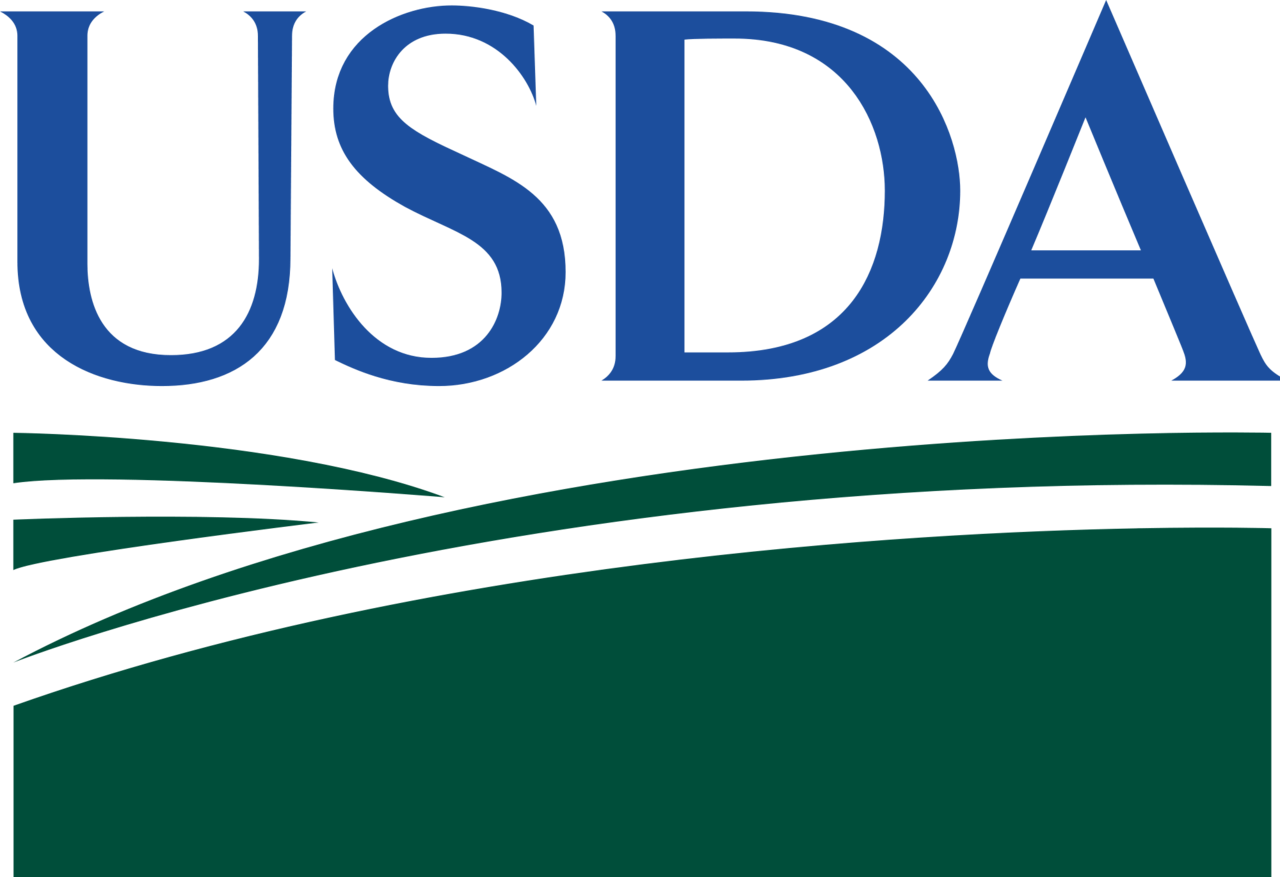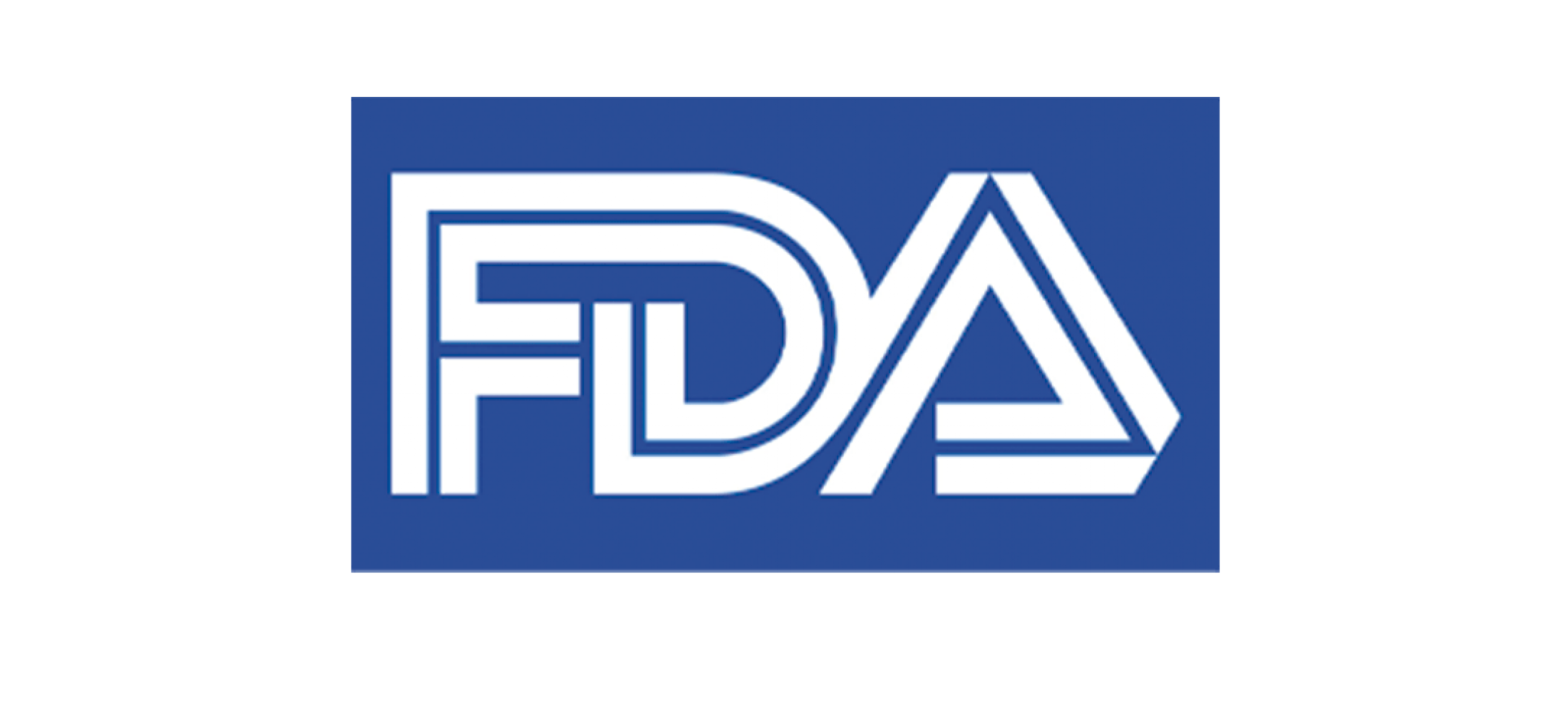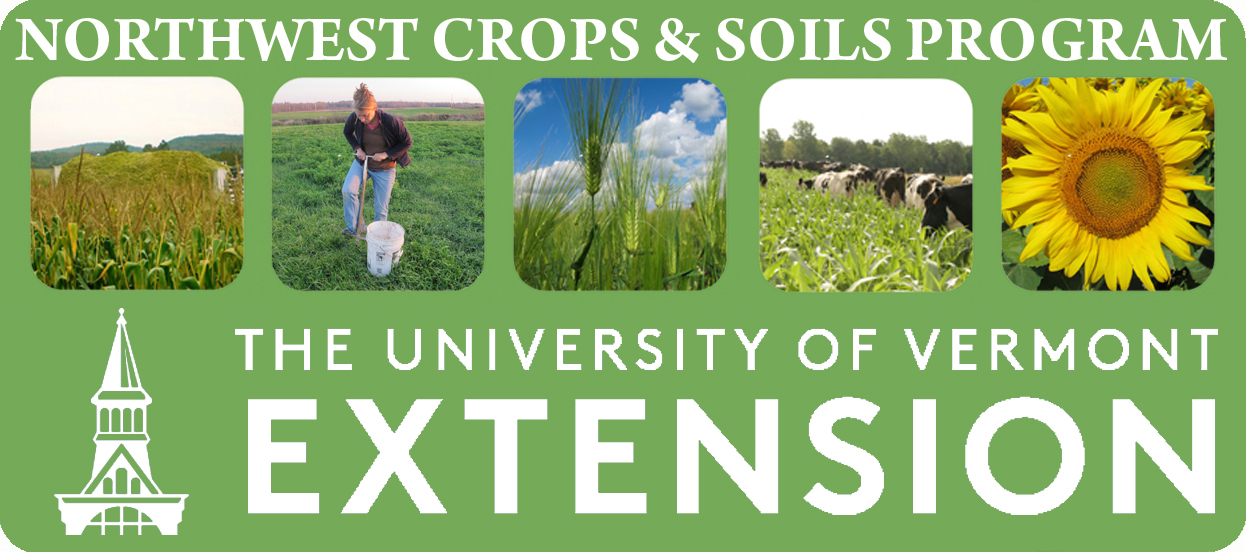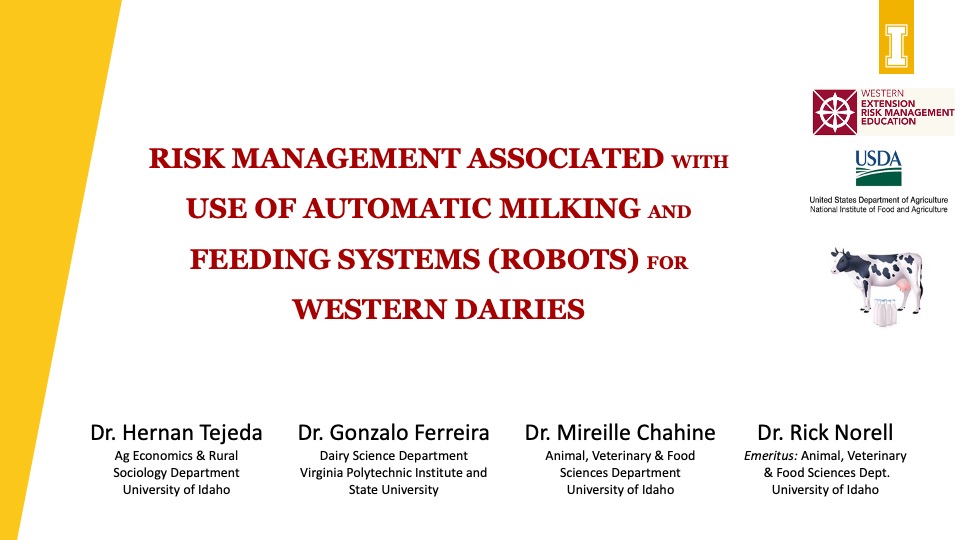Extension Foundation Online Campus
Esta capacitación en línea sirve como recurso para ganaderos, veterinarios y otras partes interesadas de la industria lechera, apoyando la capacitación de los trabajadores agrícolas en el manejo racional de antimicrobianos, la identificación de enfermedades en vacas adultas y el cumplimiento de los protocolos de la granja.
Objetivos del curso
Los participantes podrán describir los procedimientos para la identificación precisa y las opciones de tratamiento para casos de mastitis, metritis y cojeras en vacas lecheras adultas.
Formato del curso
Este curso está disponible completamente en línea, sin clases programadas ni fechas límite fijas. Puede comenzar el curso en cualquier momento y completarlo de forma independiente a su propio ritmo.
Organización del curso
Esta capacitación sobre manejo racional de antimicrobianos en ganado lechero consta de seis módulos. Cada módulo puede completarse en cualquier orden; sin embargo, seguir el orden de presentación puede facilitar el aprendizaje y la discusión sobre temas específicos en la granja. Los módulos incluyen:
- Resistencia a los antibióticos
- Cojeras
- Mastitis
- Metritis
- Protocolo de tratamiento
- Exámenes visuales
Certificado de culminación
Un certificado de culminación está disponible como una opción. Este certificado estará disponible una vez complete los seis módulos.
Requisitos tecnológicos
• Para un rendimiento óptimo, se requiere una computadora o tableta compatible con las versiones más recientes de navegadores web y capaz de reproducir archivos mp4. Se recomienda usar una computadora con no más de cinco años de antigüedad, con al menos 1 GB de RAM y conexión a internet de alta velocidad. Algunas funciones pueden no ser compatibles con dispositivos móviles.
• Adobe Acrobat Reader. Se puede descargar aquí gratuitamente.
• Los navegadores web recomendados son Mozilla Firefox, Google Chrome y Microsoft Edge.
Contáctenos
Si tiene alguna pregunta sobre el curso, comuníquese con los instructores Greg Habing en habing.4@osu.edu o Richard V. Pereira en rvpereira@ucdavis.edu.
Este programa fue galardonado con el Reconocimiento 2025 a las buenas prácticas e innovaciones en transformación ganadera sostenible, Una Salud, salud animal y Centros de Referencia.

Financiamiento proporcionado por la División de Uso y Administración de Antimicrobianos (AUS) del Departamento de Alimentos y Agricultura de California.




Presentado por:

- Teacher: Greg Habing
- Teacher: Richard Pereira
This online training serves as a resource for farmers, veterinarians, and other stakeholders in the dairy industry, supporting the training of farm workers on antimicrobial stewardship, disease identification in adult cows, and adherence to farm protocols.
Course Goals
Learners will be able to describe procedures for accurate identification and options for treatment for cases of mastitis, metritis, and lameness in adult dairy cows.
Course Format
This course is available fully online with no scheduled class sessions or fixed due dates. You can start the course at any time and work through it independently at your own pace.
Course Organization
This antimicrobial stewardship dairy training consists of six modules. Individual modules can be viewed in any order, however, following the order of presentation may facilitate learning and discussion on specific topics on the farm. Modules include:
- Antibiotic Resistance
- Lameness
- Mastitis
- Metritis
- Treatment Protocol
- Visual Exams
Certificate of Completion
A certification of completion is available as an option. The certificate will be provided upon completion of all six modules.
Technology Requirements
- For best performance, a computer or tablet that supports the most recent web browser versions and is capable of playing mp4 files. It is recommended to use a computer five years old or newer with at least 1GB of RAM and high-speed internet connection. Some features may not be compatible with mobile devices.
- Adobe Acrobat Reader. Can be downloaded here for free.
- The recommended web browsers are Mozilla Firefox, Google Chrome, and Microsoft Edge.
Contact Us
If you have questions about the course, please contact the instructors: Greg Habing at habing.4@osu.edu or Richard V. Pereira at rvpereira@ucdavis.edu.
This program was a recipient of the 2025 Recognition of good practices and innovations in sustainable livestock transformation, One Health, animal health, and Reference Centres.


Funding provided by the Antimicrobial Use and Stewardship (AUS) Branch of the California Department of Food and Agriculture.




Brought to you by:

- Teacher: Greg Habing
- Teacher: Richard Pereira

Grass-fed dairy is of growing interest and this online course will walk
you through unique aspects of this production system and as well as
practical considerations before starting a transition. Presented by the
University of Vermont Extension Northwest Crops and Soils Program, the online course will
include recordings of presentations and other educational resources.
- Teacher: Susan Brouillette
- Teacher: Sara Ziegler

Dairy farms have increasingly been adopting automatic robotic machines for their production process and learning (more) about them is useful and beneficial. This workshop will cover two main areas (Automatic Milking Systems -AMS and Automatic Calf/Feeder Systems -ACS) with the following subtopics: Evaluation Process, Financial Analysis and Analyzing different Scenarios.
- Teacher: Mireille Chahine
- Teacher: Kesia Santos
This course was originally presented in person in November 2020. It presents a detailed discussion of the requirements of the Dairy General Waste Discharge Requirement issued by the North Coast (R1) Regional Water Quality Control Board in August 2020.
- Teacher: Joyce Pexton
This online course is the second part of the core water quality education required for the CDQAP Environmental Stewardship Certification Program. This is a nine-segment course. You may proceed through the segments at your own pace. All segments do NOT have to be completed in one sitting.
To successfully complete the core water quality stewardship short course, one individual involved in the day-to-day management decisions of the dairy must complete the entire course (Part I and Part II). All education requirements must be completed before an onsite evaluation can be scheduled.- Teacher: Joyce Pexton
This online course is the first half of the core water quality stewardship short course.
To successfully complete the core water quality stewardship short course, one individual involved in the day-to-day management decisions of the dairy must complete the entire course - both Parts 1 and 2.
- Teacher: Joyce Pexton
